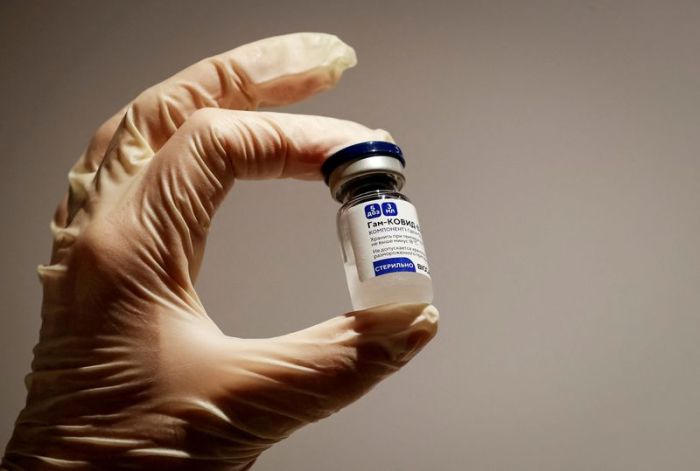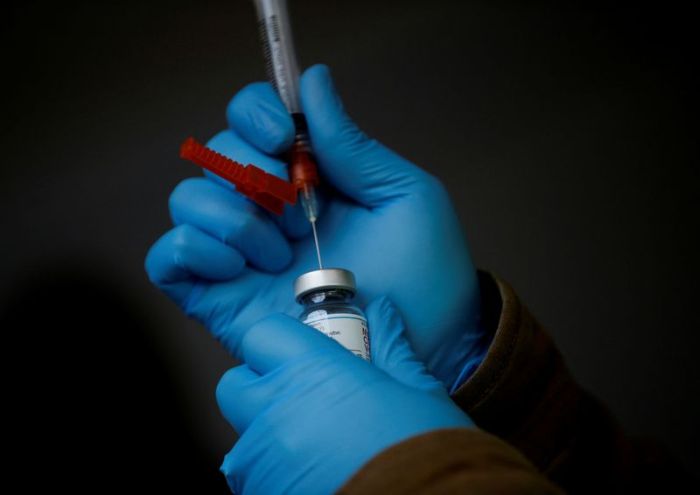(Reuters) -The European Union’s drug regulator on Friday rejected Biogen Inc’s controversial Alzheimer’s drug, Aduhelm, dealing a blow to the U.S. drugmaker after a panel voted against the treatment last month.
The drug, the first new treatment for the memory-robbing disease in nearly 20 years, has been battling slow uptake since its approval in the United States in June as experts have questioned the rationale for greenlighting it without more definitive proof of benefit.
Aduhelm works by removing sticky deposits of a protein called amyloid beta from the brains of patients in earlier stages of Alzheimer’s in order to stave off its ravages.
The European Medicines Agency noted that although Aduhelm reduced amyloid beta in studies, the link between this effect and clinical improvement in the disease had not been established.
The Cambridge, Massachusetts-based company’s shares fell 4.2% in premarket trading on the news. Biogen said in a statement it would seek a re-examination of the agency’s opinion.
The results from the main studies of the drug were conflicting and did not show that Aduhelm was effective in treating adults with early stage Alzheimer’s, the EMA said.
Biogen had been betting on Aduhelm sales to buffer a hit from its main revenue drivers facing rising competition, but so far the drugmaker has faced an uphill task of convincing hospitals and clinics to use the $56,000-a-year treatment and insurers to reimburse it.
In the latest reported quarter, Aduhelm brought in just $300,000 in sales compared to analysts’ average estimates of $10.79 million.
Once the EMA has endorsed or refused a product, the executive body of the European Union, the European Commission, makes the final decision which typically matches what the EMA has said.
(Reporting by Pushkala Aripaka amd Mrinalika Roy in Bengaluru; Editing by Anil D’Silva and Saumyadeb Chakrabarty)


























